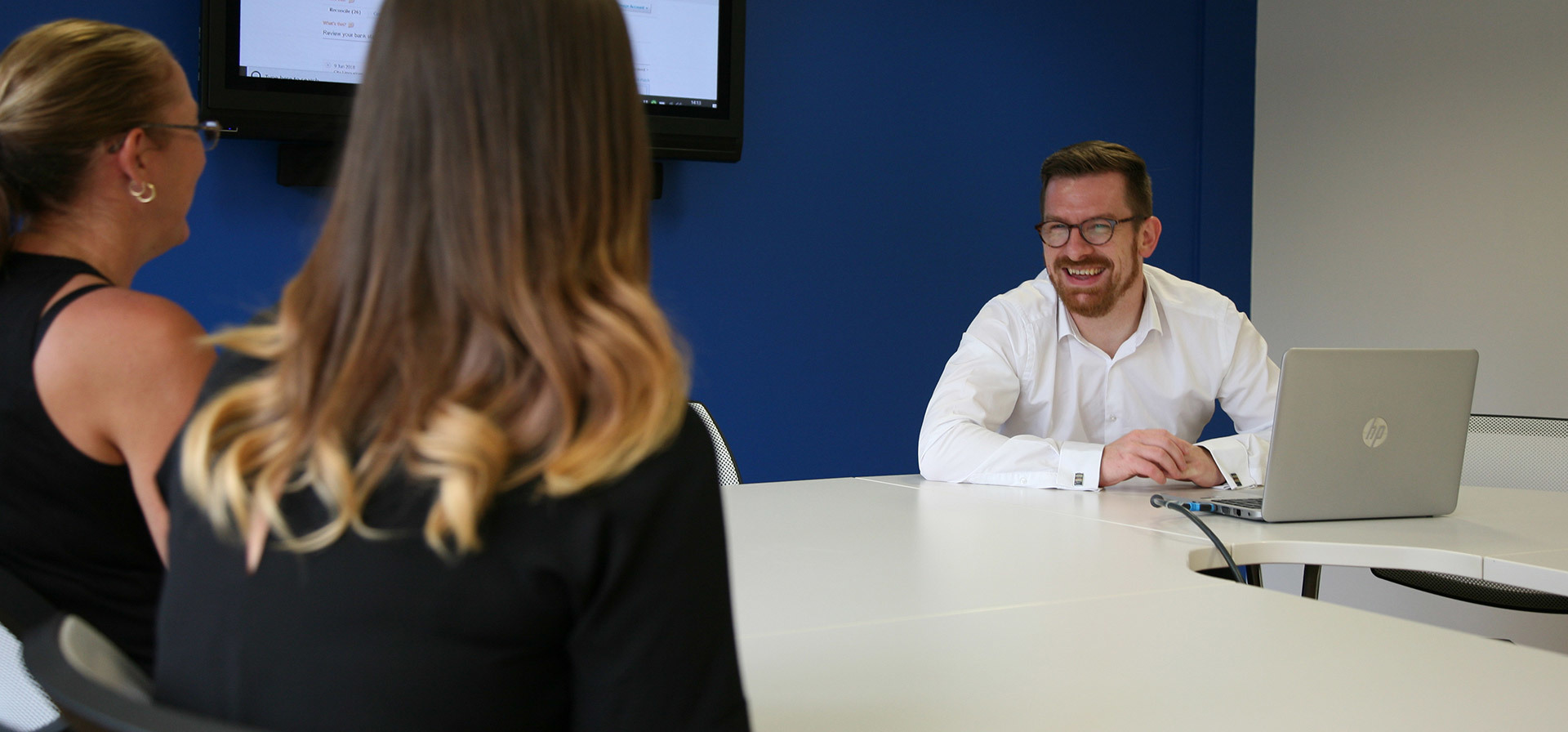The first case study relates to a client who came to us with common issues that many small businesses face. Our client is a designer working in the arts sector operating as a sole trader. He was finding work all over the world and becoming successful when he realised that he needed to organise his finances in a more efficient way. He kept his bookkeeping records on a spreadsheet, finding the time to do so when he wasn't travelling to work, and passing the records annually to his accountant.
When he came to us we immediately recognised two important things; that he should have registered for VAT many months ago and that he was paying more tax than he needed to be.
The first issue was the VAT registration. He hadn't realised that he met the requirement to register for VAT, partly as his bookkeeping was not up-to-date and also because he had not received sufficient advice.
We addressed this by dealing with HM Revenue & Customs on his behalf to explain the situation, negotiate a reduced penalty for late registration and ensure that the correct registration date was found. We were also able to use the Flat Rate Scheme for VAT to both simplify the process and minimise the additional cost to our client. We were able to contact the majority of his clients and reissue the necessary invoices with VAT to collect payment and, with the use of the Flat Rate Scheme, our client actually had a sufficient surplus to more than cover the late filing penalty that HMRC issued!
To solve one of the underlying causes we wanted to put in place a system that would remove the hard work and effort from the bookkeeping process. The record keeping was low on his list of priorities and when he arrived home he wanted to spend time with his family, not completing his bookkeeping. In the past, this meant that the bookkeeping was carried out late, often in a rush at the last minute, not being able to find all of the relevant receipts, invoices and documentation. We introduced Receipt Bank and now he completes his bookkeeping while he's travelling, as he is incurring the expenses. The mobile app means that he can take a photograph of his receipt and it will process the information and transfer it all to Xero - no more hassle when he gets home! When he is sat in the airport waiting for his flight he finishes the remainder of his bookkeeping in Xero, using a direct bank feed to get all bank transactions into his system and bank rules that we set up for him to minimise the need for his input.
The second issue related to tax. The current structure of the business saw our client paying income tax at the higher rate and with little control over his tax liabilities. We approached this problem by first finding out how much money he and his family needed to take from the company in order to pay their bills and maintain their lifestyle. Once we knew this figure we could work back to the best structure to enable them to do this. We encouraged him to form a limited company with himself and his wife as shareholders and directors and coupled this with a detailed remuneration strategy utilising salaries and dividends. Not only did this greatly reduce the liabilities to tax and National Insurance but it also gave our client some flexibility over when they drew income from the company, hence when tax liabilities would be due.
At the time we were also able to use the transition to the limited company to create a capital gain which was taxable at 10%, allowing our client to realise some of the value he had already created in his sole trade and leave him with a loan account in the company to draw from in the future.
We annually review the remuneration strategy for the client and advise on the most efficient way to draw any additional profits from the company as and when they are needed. From our client's perspective the new structure and bookkeeping system is understandable and easy to manage. His tax liabilities are lower than they were previously and he gets to spend more time with his family.




